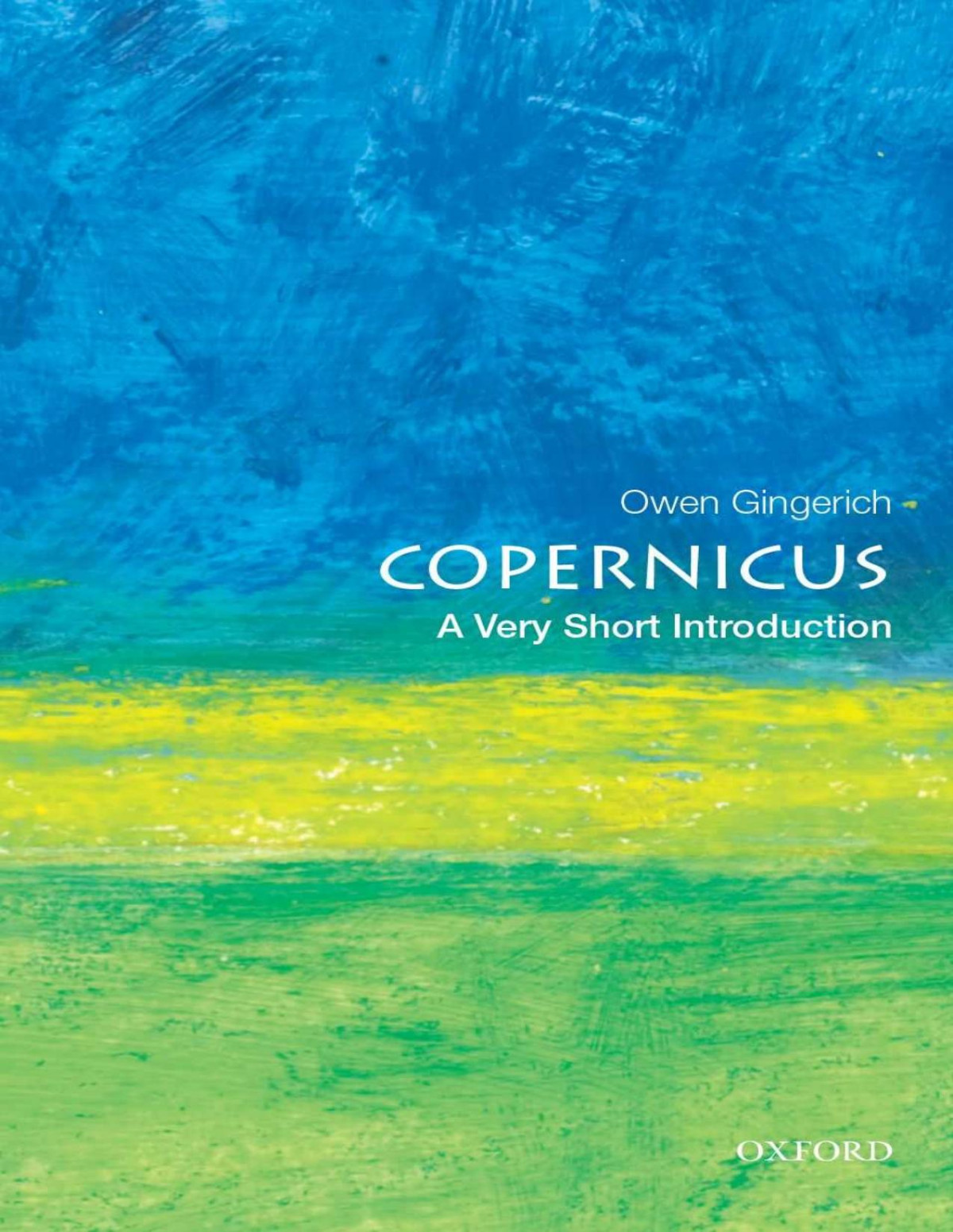

Most ebook files are in PDF format, so you can easily read them using various software such as Foxit Reader or directly on the Google Chrome browser.
Some ebook files are released by publishers in other formats such as .awz, .mobi, .epub, .fb2, etc. You may need to install specific software to read these formats on mobile/PC, such as Calibre.
Please read the tutorial at this link: https://ebookbell.com/faq
We offer FREE conversion to the popular formats you request; however, this may take some time. Therefore, right after payment, please email us, and we will try to provide the service as quickly as possible.
For some exceptional file formats or broken links (if any), please refrain from opening any disputes. Instead, email us first, and we will try to assist within a maximum of 6 hours.
EbookBell Team

0.0
0 reviewsIn this Very Short Introduction, leading historian of science Owen Gingerich offers a fascinating portrait of Nicolaus Copernicus (1473-1543), who developed the concept of a heliocentric universe and is a pivotal figure in the birth of modern science.
Nicolaus Copernicus (1473-1543) is a pivotal figure in the birth of modern science, the astronomer who "stopped the sun and set the earth in motion." Born in Poland, educated at Cracow and then in Italy, he served all of his adult life as a church administrator. His vision of a sun-centered universe, shocking to many and unbelievable to most, turned out to be the essential blueprint for a physical understanding of celestial motions, thereby triggering what is commonly called "the Copernican revolution." A first edition of his world-changing treatise, De Revolutionibus Orbium Coelestium, has most recently been auctioned for more than $2 million. In this book, leading historian of science Owen Gingerich sets Copernicus in the context of a rapidly changing world, where the recent invention of printing with moveable type not only made sources more readily available to him, but also fueled Martin's Luther's transformation of the religious landscape. In an era of geographical exploration and discovery, new ideas were replacing time-honored concepts about the extent of inhabited continents. Gingerich reveals Copernicus' heliocentric revolution as an aesthetic achievement not dictated by observational "proofs," but another new way of looking at the ancient cosmos. Deftly combining astronomy and history, this Very Short Introduction offers a fascinating portray of the man who launched the modern vision of the universe. Out of Gingerich's engaging biography emerges the image of a scientist, intellectual, patriot, and reformer, who lived in an era when political as well as religious beliefs were shifting.
(source: Bol.com)